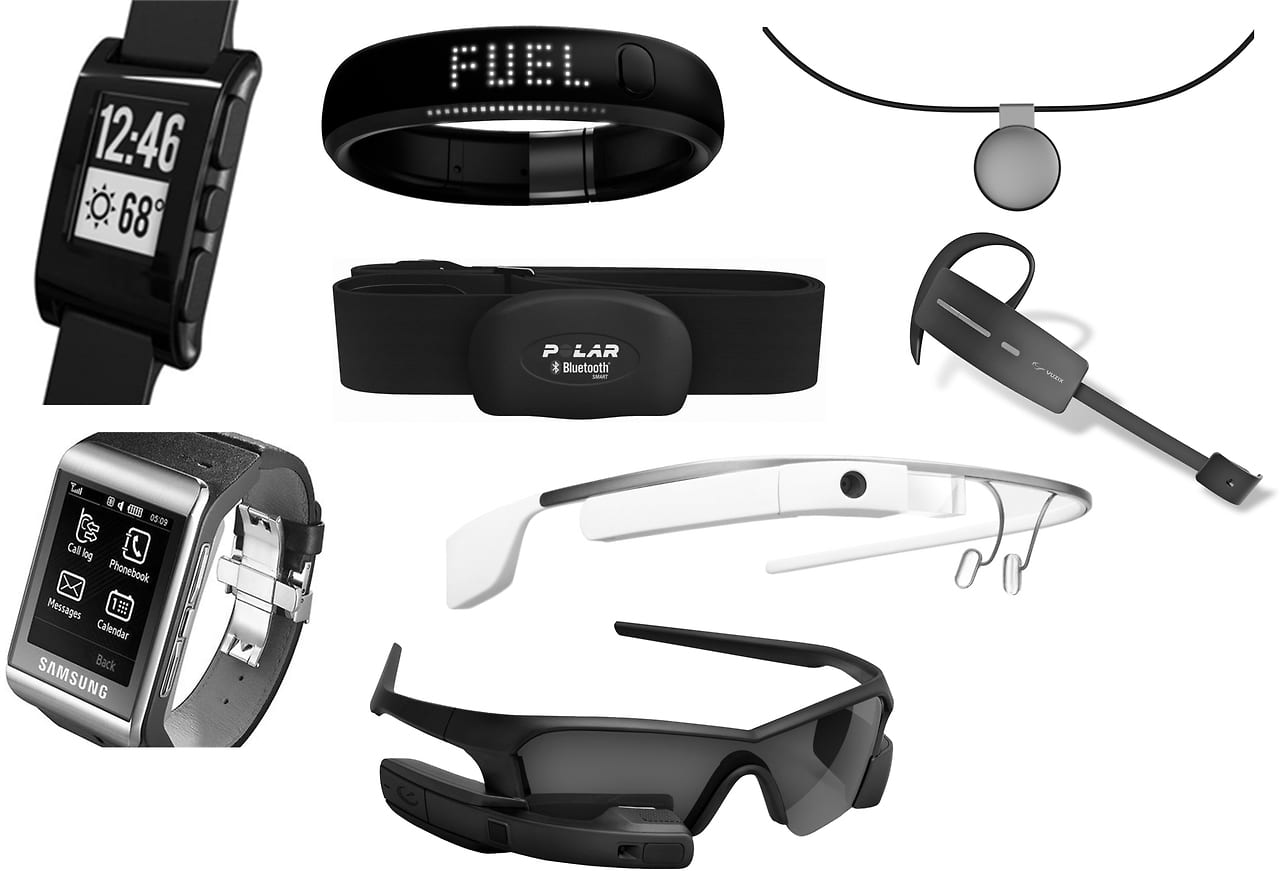Index Surge: Amplifying Your Insights
Stay updated with the latest trends and news across various industries.
Wearable Tech: Your New Best Friend or Just a Fad?
Discover if wearable tech is a revolutionary companion or just a trendy gimmick. Uncover the truth in our latest blog!
How Wearable Tech is Transforming Daily Life
The rise of wearable tech has brought about a significant transformation in daily life, redefining how individuals approach health, fitness, and connectivity. Devices such as smartwatches, fitness trackers, and augmented reality glasses offer features that not only monitor physical activity but also enhance user experience through advanced data analytics. For instance, fitness trackers can provide real-time feedback on heart rates and calories burned, enabling users to set personalized fitness goals. Furthermore, the integration of health metrics encourages an overall healthier lifestyle by promoting regular physical activity and better awareness of one's wellness.
Beyond health and fitness, wearable technology is also revolutionizing communication and productivity. Smartwatches and augmented reality devices allow users to receive notifications, respond to messages, and access information on-the-go, minimizing the need for smartphones in everyday interactions. This seamless integration into our routines facilitates multitasking and improves time management. As we continue to embrace these advancements, the potential for wearable tech to enhance our daily experiences remains vast, paving the way for an increasingly connected and efficient lifestyle.

The Pros and Cons of Wearable Technology
Wearable technology has gained significant popularity in recent years, offering users a range of benefits that enhance their daily lives. One major advantage is the ability to track health metrics such as heart rate, sleep patterns, and physical activity levels, which can lead to better health management and lifestyle choices. Additionally, these devices often provide seamless connectivity to smartphones and other gadgets, allowing users to receive notifications, make calls, and access apps without needing to pull out their phones. This convenience can improve productivity and streamline daily tasks.
On the flip side, there are notable cons to wearable technology. Privacy concerns are paramount, as the data collected by these devices can be sensitive and is often stored remotely, raising questions about security and data breaches. Furthermore, reliance on wearable technology can lead to an obsession with constant monitoring of one's health, potentially fostering anxiety instead of promoting wellness. Lastly, the cost of high-quality devices can be prohibitive, limiting access for some users who might benefit from their features.
Is Your Fitness Tracker Making You Healthier?
In recent years, fitness trackers have surged in popularity, promising users a pathway to improved health and well-being. But the question looms: is your fitness tracker making you healthier? Many individuals find that these devices serve as motivational tools, encouraging them to achieve their daily activity goals. By tracking steps, heart rate, and even sleep patterns, users gain insights that can lead to healthier lifestyle choices. For instance, a study shows that individuals who monitor their physical activity tend to increase their movement levels, ultimately contributing to better cardiovascular health and weight management.
However, reliance on a fitness tracker can also lead to potential pitfalls. While these devices provide valuable data, some users may become overly fixated on numbers rather than focusing on their overall well-being. This obsession might result in unnecessary stress or the temptation to engage in unhealthy behaviors, such as over-exercising or neglecting rest days. To truly assess if your fitness tracker is making you healthier, consider how it impacts your mindset. Balance is key; use your device as a tool for encouragement rather than a source of pressure. Ultimately, the effectiveness of a fitness tracker lies in how it is utilized within your broader approach to health.